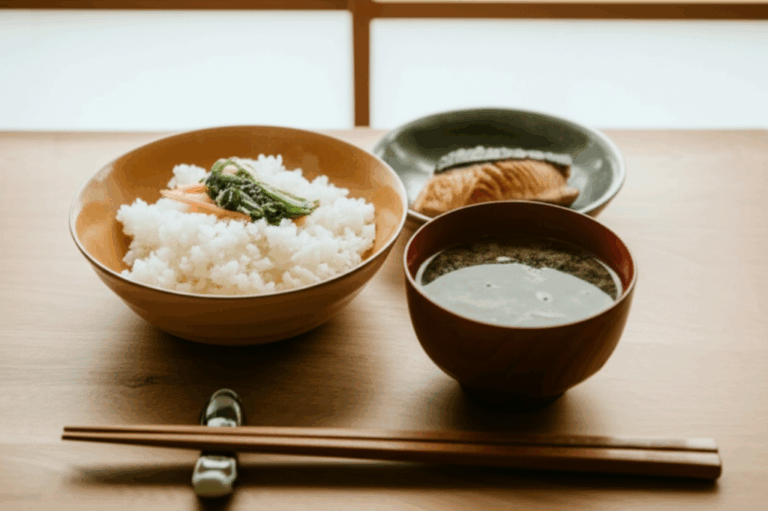For many, the pursuit of a lean physique and optimal health is a cyclical battle of restrictive diets, intense calorie counting, and the inevitable rebound. But what if the key to staying lean and shredded without ever dieting lay not in deprivation, but in a centuries-old philosophy of mindful moderation? Enter ‘Hara Hachi Bu,’ a Japanese eating rule that a fitness coach recently championed, offering a refreshing and sustainable path to weight management and overall well-being.
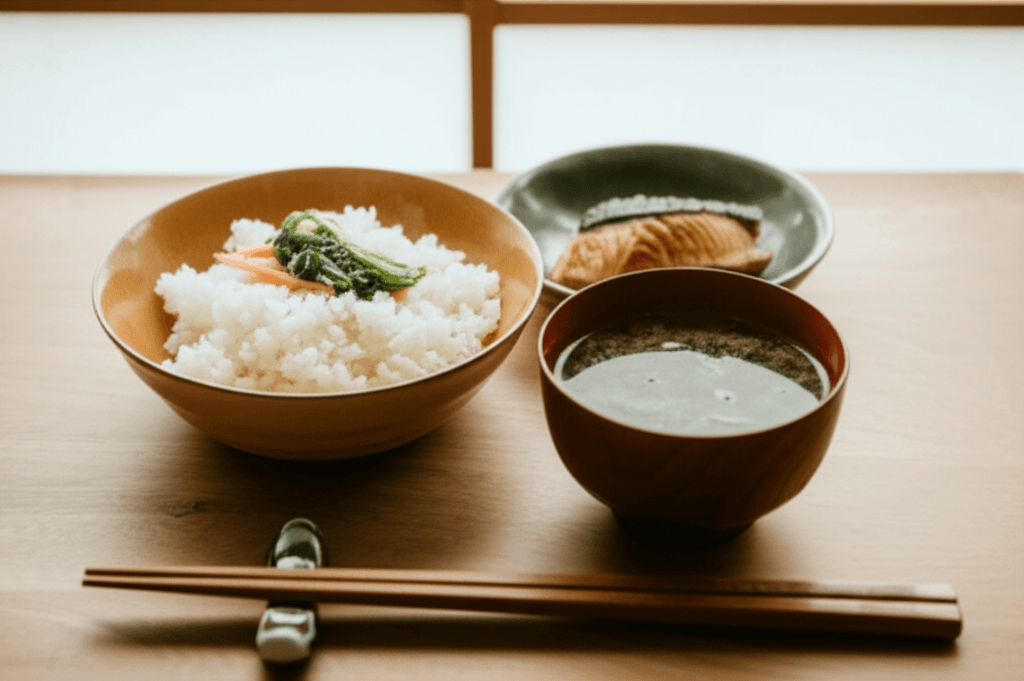
What is Hara Hachi Bu? The 80% Fullness Principle
‘Hara Hachi Bu’ (腹八分目) is a Japanese phrase that translates to “eat until you are 80 percent full” or “belly 80 percent full.” It’s a simple yet profound concept rooted in moderation and self-awareness, urging individuals to stop eating when they feel satisfied but not completely stuffed. This practice is not about rigid calorie counting or restricting specific food groups, but rather about cultivating a mindful relationship with food and listening to your body’s natural hunger and satiety signals.
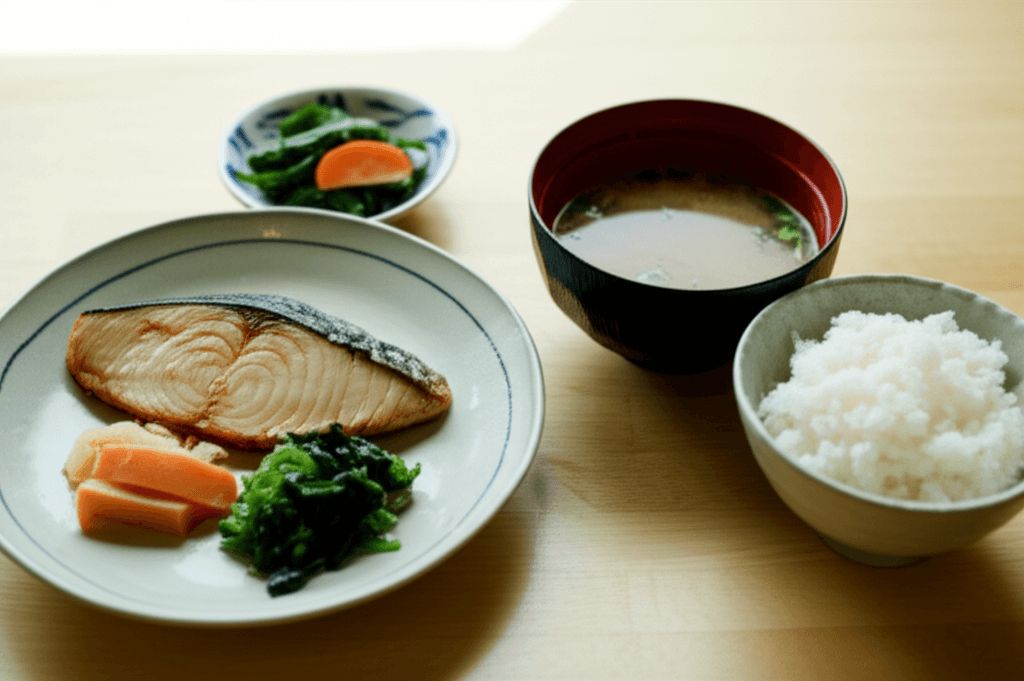
Roots in Okinawa: A Legacy of Longevity and Health
This mindful eating philosophy is deeply embedded in Japanese culture, particularly among the long-lived inhabitants of Okinawa, an island recognized as one of the world’s “Blue Zones.” Blue Zones are regions where people live exceptionally long and healthy lives, often surpassing average life expectancy. Okinawan elders, known for their remarkable longevity and low rates of chronic diseases like heart disease, cancer, and stroke, often intone “Hara Hachi Bu” before meals as a reminder to eat with moderation.
The principle itself is believed to stem from Confucian teachings, dating back to the Edo Period in 1713 when Japanese philosopher and botanist Ekiken Kaibara published his book, Yojokun: Life Lessons From A Samurai. It encourages a form of calorie restriction through mindful eating, contributing to the Okinawans’ average daily intake of approximately 1,900 calories, significantly less than typical Western diets.
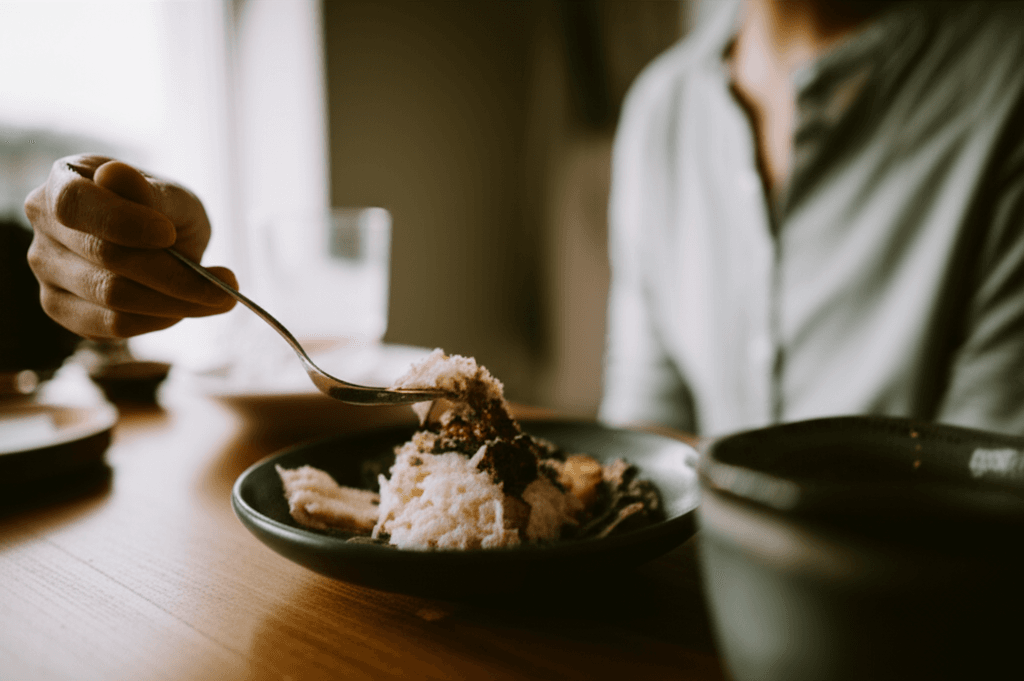
How to Master Hara Hachi Bu: Practical Steps for Mindful Eating
Embracing Hara Hachi Bu is a lifestyle change that emphasizes awareness over strict rules. Here’s how you can incorporate this powerful Japanese eating rule into your daily life to stay lean and shredded without dieting:
Eating Slowly and Savoring Food
One of the most crucial aspects of Hara Hachi Bu is to slow down during meals. Rapid eating often leads to consuming more food than necessary because your stomach takes approximately 20 minutes to signal fullness to your brain. By chewing thoroughly and savoring each bite, you allow your body sufficient time to register satiety cues, making it easier to stop at the 80% mark.
Recognizing Hunger and Satiety Cues
Before you even begin eating, take a moment to assess your hunger level. Aim to start eating when you are moderately hungry (around a 3 or 4 on a scale of 1 to 10) and stop when you feel satisfied but not uncomfortably full. This mindful approach helps distinguish between genuine physical hunger and emotional eating or eating out of habit.
Using Smaller Plates and Portion Control
Simple environmental changes can significantly aid in practicing Hara Hachi Bu. Opt for smaller plates and use tall, narrow glasses, as this can lead to consuming less without conscious effort. Starting with smaller portions on your plate allows you to go back for more if truly needed, but often helps prevent overeating from the outset.
Minimizing Distractions During Meals
Modern dining is often accompanied by screens and multi-tasking, leading to mindless eating. To truly practice Hara Hachi Bu, focus on your meal without distractions like TV, phones, or computers. Being present and attentive to the flavors, textures, and aromas of your food deepens your connection to the meal and helps you recognize when you’re reaching that 80% fullness.
The 20-Minute Brain-Stomach Connection
The wisdom behind Hara Hachi Bu is supported by physiology: it takes about 20 minutes for your brain to fully register that your stomach has received enough food. If you eat quickly and stop when you think you’re 80% full, you might actually be 100% full (or more) before your body has had a chance to catch up. By slowing down and stopping just before you feel completely satisfied, you hit the optimal mark as your body’s signals catch up.
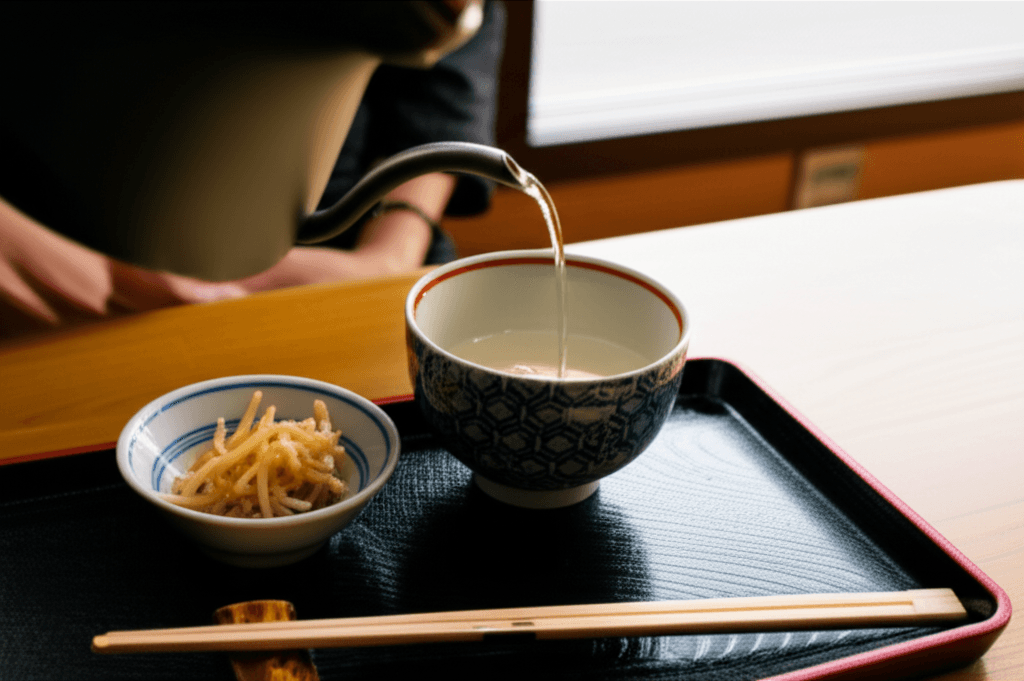
Beyond Dieting: The Multifaceted Benefits of Hara Hachi Bu
The benefits of adopting Hara Hachi Bu extend far beyond simple weight loss, contributing to a holistic approach to health and longevity.
Sustainable Weight Management and Fat Loss
By consistently stopping at 80% fullness, you naturally reduce your overall calorie intake without the feeling of being deprived. This calorie restriction is a sustainable way to manage weight and promote fat loss over time. Studies have shown that individuals who regularly practice Hara Hachi Bu tend to consume fewer calories and make healthier food choices, such as eating more vegetable dishes. This method promotes mindful eating, which is a significant component in weight management.
Improved Digestion and Gut Health
Overeating places considerable strain on the digestive system, potentially leading to discomfort, bloating, acid reflux, and other gastrointestinal issues. Hara Hachi Bu allows your digestive organs—stomach, intestines, pancreas, liver, and kidneys—to function more efficiently. By not overburdening the system, you can experience better digestion, improved nutrient absorption, and a healthier gut environment.
Enhanced Longevity and Reduced Chronic Disease Risk
The Okinawans’ exceptional longevity is a testament to the long-term benefits of Hara Hachi Bu. By preventing overeating and managing calorie intake, this practice can help reduce the risk of chronic diseases such as type 2 diabetes, hypertension, and heart disease. Moderate calorie restriction, without malnutrition, has been linked to prolonged life in laboratory animals and is believed to contribute to the extended life expectancy of those who practice this philosophy. It helps maintain cellular health and may slow down the aging process.
A Healthier Relationship with Food
Unlike restrictive diets that often foster feelings of guilt and deprivation, Hara Hachi Bu encourages a positive and mindful relationship with food. It helps individuals tune into their bodies, distinguish between physical and emotional hunger, and find satisfaction in appropriate portions. This mindful approach reduces food cravings and emotional eating, empowering individuals to enjoy their meals without obsession or guilt.

Hara Hachi Bu vs. Traditional Dieting: A Paradigm Shift
The core difference between Hara Hachi Bu and conventional dieting lies in its philosophy. Traditional diets often impose strict rules, calorie limits, and prohibitions, which can be unsustainable and lead to a cycle of restriction and bingeing.
Hara Hachi Bu, on the other hand, is not a diet but a sustainable lifestyle choice. It doesn’t eliminate food groups or demand meticulous tracking of macros. Instead, it offers a simple, intuitive guide to eating that aligns with the body’s natural wisdom. As fitness coach Lars Meidell noted, “It’s not restaurants that ruin your fat loss, it’s your eating habits in general. You don’t need to obsess over calories or restrict yourself so much that you can’t even enjoy a meal with your family.” It’s about developing food awareness and respecting your body’s signals.
In a world obsessed with quick fixes and drastic measures, the ancient Japanese eating rule of Hara Hachi Bu offers a refreshing and effective alternative. By embracing mindful eating and stopping when 80% full, individuals can unlock a sustainable path to staying lean and shredded, fostering better digestion, enhanced longevity, and a healthier, more balanced relationship with food—all without ever feeling like they’re on a diet.




